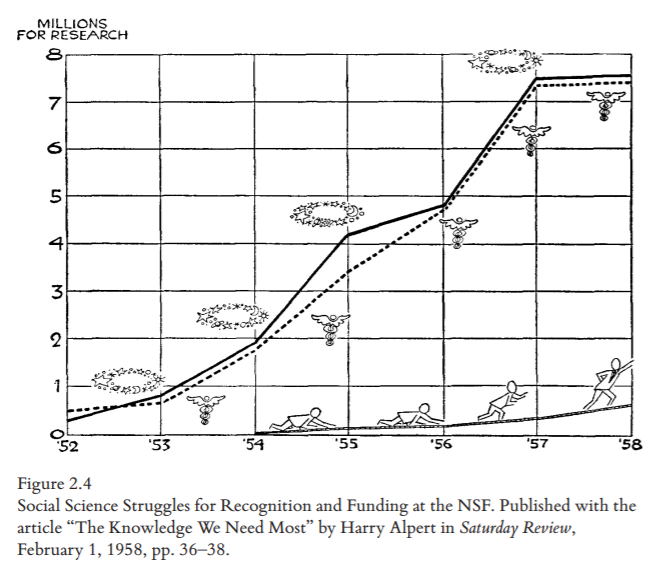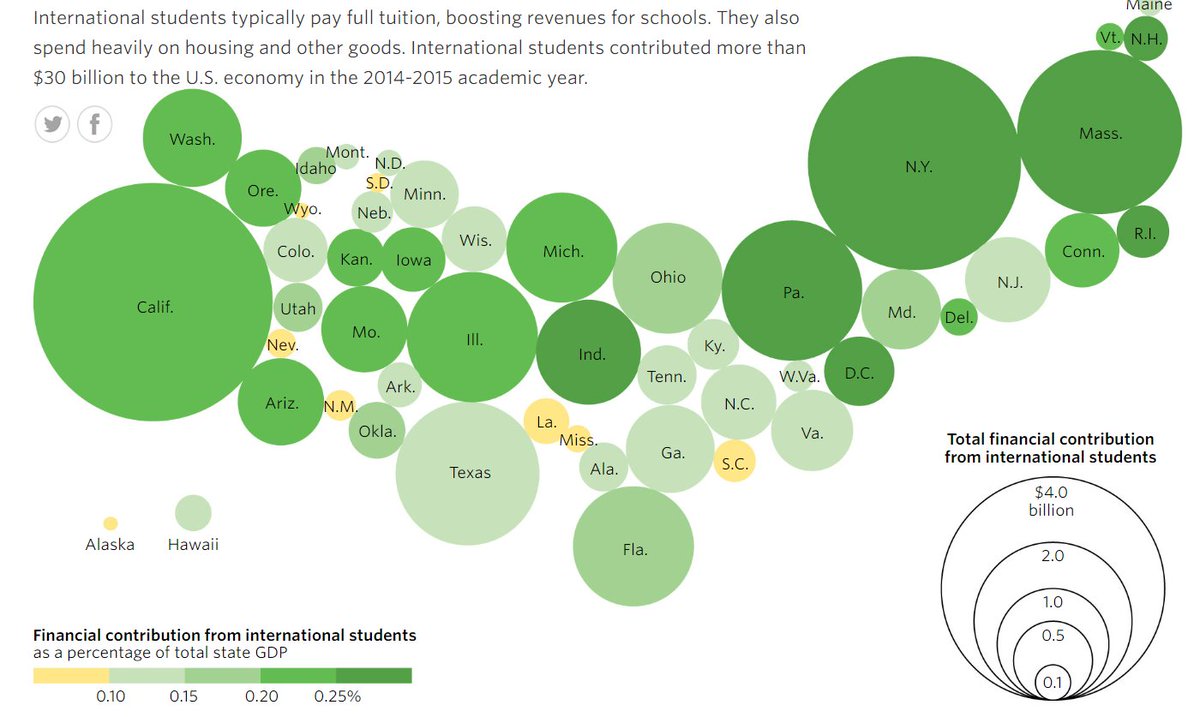
Sociologist @UMich. New book out 4/5: Thinking Like an Economist: How Efficiency Replaced Equality in U.S. Public Policy @PrincetonUPress https://t.co/LwS8OFq86M.
How to get URL link on X (Twitter) App


https://twitter.com/marxforcats/status/1544012587708334080The quote is from an essay by @AshleyDawsonNYC and Penny Lewis, "New York: Academic Labor Town?," in The University Against Itself: The NYU Strike and the Future of the Academic Workplace, eds. Krause, Nolan, Palm & Ross. tupress.temple.edu/book/0394
https://twitter.com/LDHerrine/status/1447906115648475139Politics and social science disciplines do not evolve independently of one another. Since econ became hegemonic in non-macro policy fields (70s), we see a recurrent dynamic.


https://twitter.com/rkelchen/status/1229356471940505600Okay, a more coherent response to this paper. I say this with respect for the intent of the research as well as admiration for the analytical effort behind this massive project.

https://twitter.com/FrankPasquale/status/1122129852377772032The 1960s was a high-water mark for antitrust enforcement in the U.S. The Supreme Court kept invalidating mergers that would have produced what now looks like a negligible amount of concentration.
https://twitter.com/StephMurr_Jour/status/1113547391888764928First, let’s unpack it. What Buttigieg is saying here is that college brings $$ to those who complete it. But the people who finish college are, on average, better off to start with. And even if they weren’t, they now have more earning power, b/c college.

